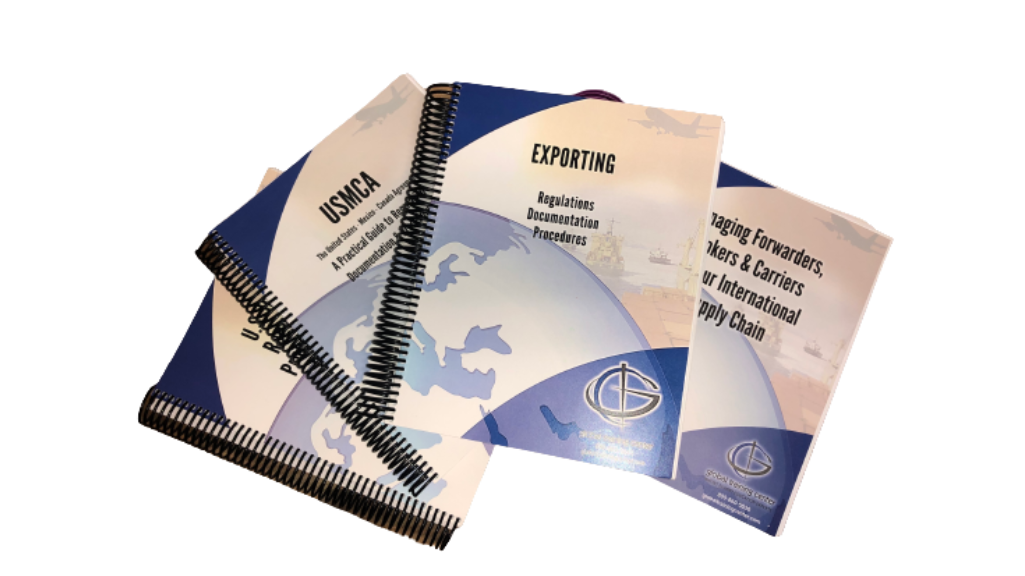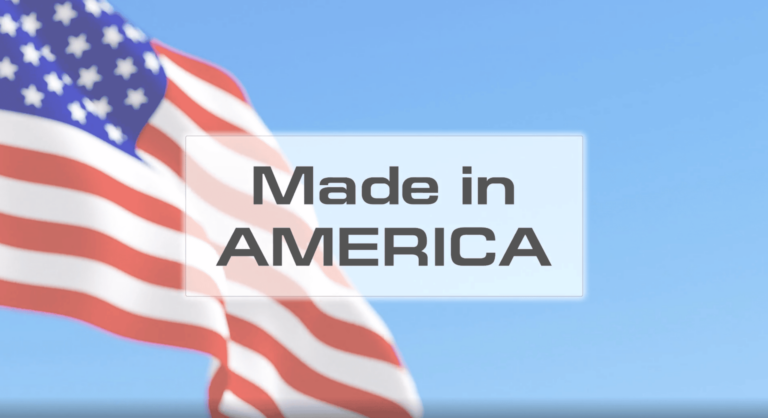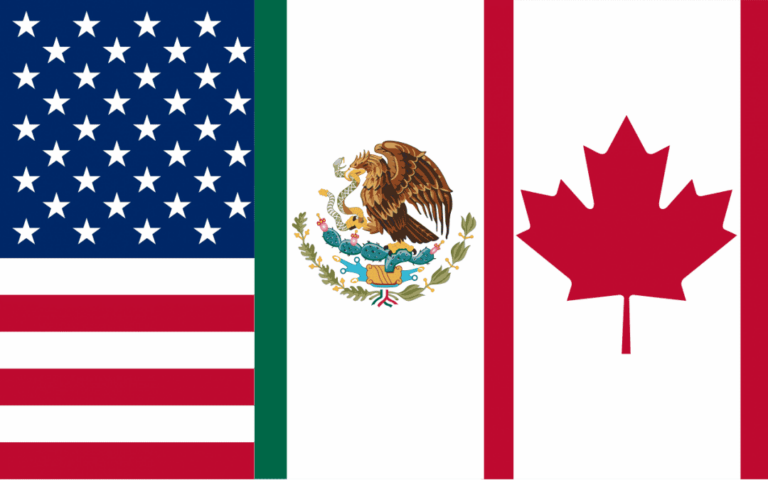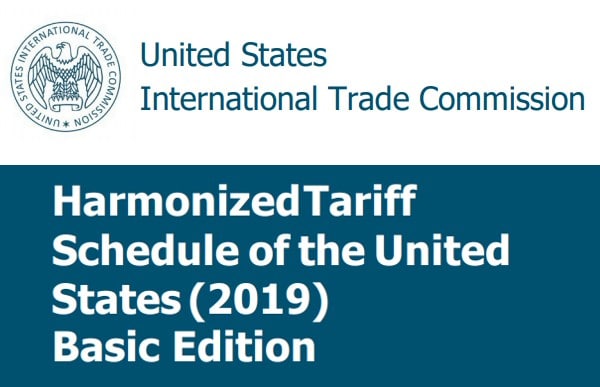Delays and Restrictions at Panama Canal Raise Concerns Over Trade Flow Disruptions
The Panama Canal is one of the most important trading routes in the world, with around 14,000 vessels transiting through it annually. However, commercial ships are currently facing long queues and delays due to an extended drought in the Central American country, which has triggered a bottleneck of ships waiting to cross.
The Panama Canal Authority (ACP) has introduced restrictions on the number of transiting vessels to mitigate the situation. The ACP limited the number of vessels passing through the canal each day to an average of 32, down from the usual 36, and restricted the permitted maximum depth of ships. These measures have led to companies scrambling to find alternative routes, causing significant disruptions to global trade flows.
The situation is a fresh demonstration of the impact of the climate crisis on global business and trade, and the ACP has said it faces “unprecedented challenges”. The severity of the drought has “no historical precedence”, even compared with the last drought in 2019-20.
The canal is favored by many shippers as it usually reduces cost and transit times, especially for large retailers and energy companies that trade between China and the rest of Asia, and the US. However, disruptions at the canal could push short-term shipping rates higher and “prompt shippers to alter their supply chains”, according to Peter Sand, the chief analyst at freight market analytics firm Xeneta.
Weather-related problems have also been building at the canal for some time, prompting the ACP to pledge to save water during the rainy months, although it said the economic impact was unavoidable. The return of the El Niño hot natural weather pattern is further making Panama and the surrounding region warmer and drier.
It’s not just the Panama Canal that is facing issues due to dry weather – there are concerns about the impact of dry weather on the Rhine in Germany, one of Europe’s key shipping routes. The water level measured at Kaub, west of Frankfurt, has been lower than usual in recent months, and analysts are fearful that a repeat of 2022, when larger vessels were forced to reduce their loads in order to continue using the river, could hit growth in Europe’s largest economy.
The current situation in the Panama Canal highlights just how vulnerable global trade is to the effects of climate change and the urgent need for businesses to take action to mitigate the risks. The ACP is closely collaborating with shipping lines and stakeholders to manage expectations and provide real-time information that enables customers to make informed decisions. Businesses must also take proactive steps to address the climate crisis and embrace more sustainable practices to minimize disruptions and protect their supply chains.
Source: https://www.theguardian.com/business/2023/aug/14/drought-causes-queues-and-delays-for-ships-passing-through-panama-canal
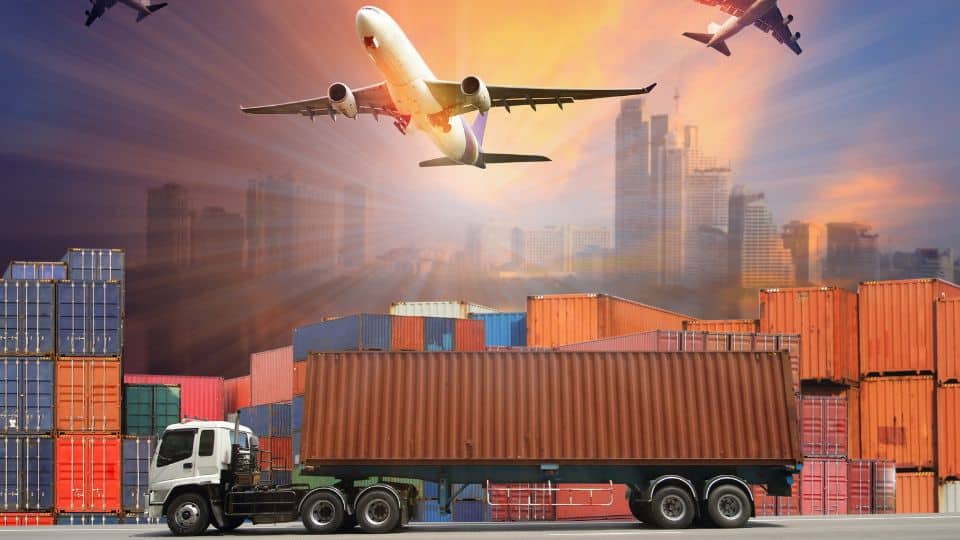
Exporting Procedures Course
This Exporting Documentation and Procedures Course is a must for all exporters. Our expert instructor provides you with practical Do’s and Don’ts of Exporting that will deepen your understanding of the process. With our comprehensive text as your day-to-day resource, you’ll be equipped to handle every aspect of exporting with ease. We update our Exporting course annually to ensure it reflects current practices and regulations, so you can be confident that you’re staying ahead of the curve.





